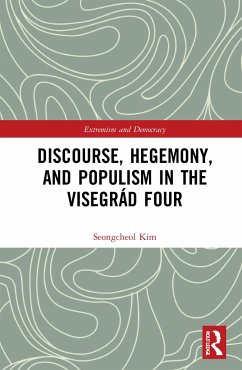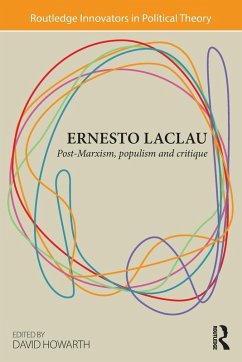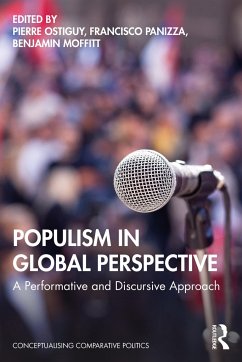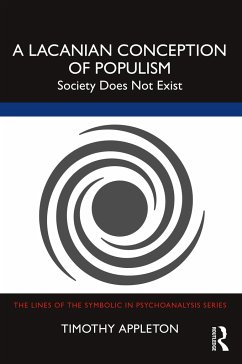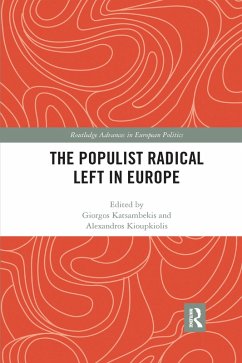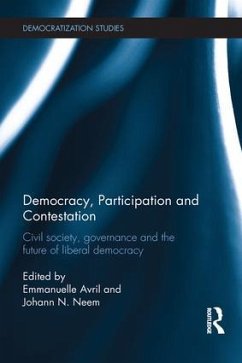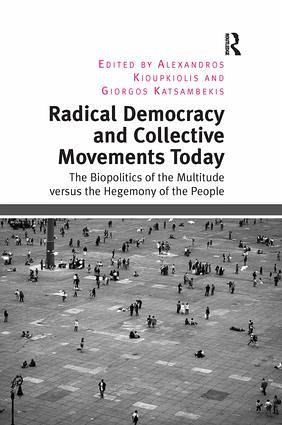
Radical Democracy and Collective Movements Today
The Biopolitics of the Multitude versus the Hegemony of the People
Versandkostenfrei!
Versandfertig in 6-10 Tagen
56,99 €
inkl. MwSt.
Weitere Ausgaben:

PAYBACK Punkte
28 °P sammeln!
The 'Arab spring', the Spanish indignados, the Greek aganaktismenoi and the Occupy Wall Street movement all share a number of distinctive traits; they made extensive use of social networking and were committed to the direct democratic participation of all as they co-ordinated and conducted their actions. Leaderless and self-organized, they were socially and ideologically heterogeneous, dismissing fixed agendas or ideologies. Still, the assembled multitudes that animated these mobilizations often claimed to speak in the name of 'the people', and they aspired to empowered forms of egalitarian se...
The 'Arab spring', the Spanish indignados, the Greek aganaktismenoi and the Occupy Wall Street movement all share a number of distinctive traits; they made extensive use of social networking and were committed to the direct democratic participation of all as they co-ordinated and conducted their actions. Leaderless and self-organized, they were socially and ideologically heterogeneous, dismissing fixed agendas or ideologies. Still, the assembled multitudes that animated these mobilizations often claimed to speak in the name of 'the people', and they aspired to empowered forms of egalitarian self-government in common. Similar features have marked collective resistances from the Zapatistas and the Seattle protests onwards, giving rise to theoretical and practical debates over the importance of these ideological and political forms. By engaging with the controversy between the autonomous, biopolitical 'multitude' of Hardt and Negri and the arguments in favour of the hegemony of 'the people' advanced by J. Rancière, E. Laclau, C. Mouffe and S. Zizek the central aim of this book is to discuss these instances of collective mobilization, to probe the innovative practices and ideas they have developed and to debate their potential to reinvigorate democracy whilst seeking something better than 'disaster capitalism'.





